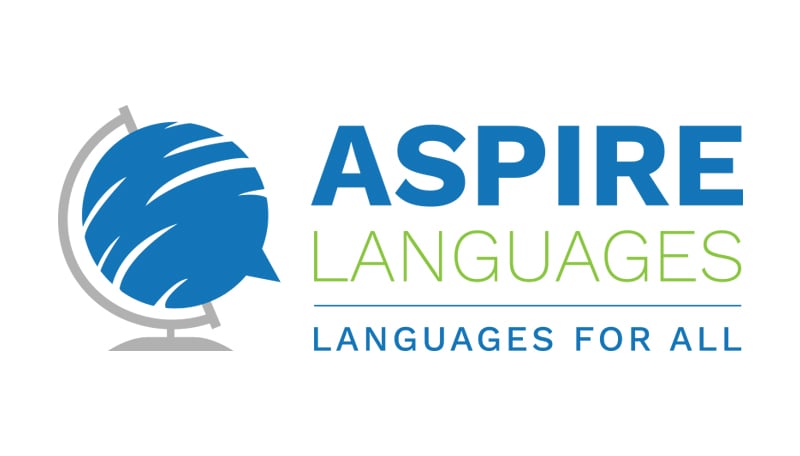You can also listen to an extended version of this blog post here.
French is such a beautiful language to listen to and to speak but pronunciation can be quite tricky. There are lots of different sounds in the French language that you may not be used to making as well as silent letters and not forgetting, liaisons and ‘enchaînement’. The rhythm is also different. In French, each syllable is more evenly stressed but in English there is a greater mix of short and long syllables.
The French vowel sounds, and the different combinations of vowels in particular, can sometimes cause some stumbling blocks. This is where creating a bank of ‘go-to’ words can really help. I have tried to encourage my learners to do this in the past but after reading a post from the brilliant Dr Gianfranco Conti about ‘Hook Words’* quite recently, it reminded me that I need to do it more often!
So, what is a ‘go-to’ word?
I’ll explain what I mean by this with an example. When I first went to France, I really struggled to remember how to pronounce the word for water, ‘l’eau’, so asking for a glass of water was really tricky. However, I knew the word ‘beau’ and I knew that I could pronounce this correctly. ‘Beau’ therefore became my ‘go-to’ word whenever I wanted a glass of water. I would transfer the sound I was making from ‘beau’ to ‘un verre d’eau’. I realised that I could transfer this sound to other words that I encountered with ‘eau’; un cadeau, un chateau, un bateau.
Once I mastered this, I realised that I could do this with any other word I was struggling with. For example, ‘oiseau’, which had 2 tricky sounds for me. I knew that I already had the ending covered with ‘beau’ and then, I used ‘je vois’ to help me create the first sound, ‘oi’. Again, I could then transfer this sound to other words such as: une boisson, une voiture, un choix.
Creating ‘go-to’ words is quite a personal task as the words that you feel comfortable pronouncing will be unique to you. I don’t want to leave you hanging though so here are some ideas that may help to get you started with ‘go-to' words for some common double vowel sounds. I’ve tried to choose words that you may already have encountered as a beginner / higher beginner.

Please remember that this is not exhaustive by any means and there are lots of exceptions and sound changes when you add different letters BUT the principle of creating ‘go-to’ words really works.
I would highly recommend you start developing a bank of words and that you add to this as you learn more and more new words.
Here also is a little activity that you could try. Can you identify the double vowel sounds within this grid of words?

I hope this helps and please feel free to share your list of ‘go-to’ words with me! 😊
Sarah x
*Dr Conti and Steve Smith speak about Hook Words in their book Breaking the Sound Barrier. I have also heard them referred to as ‘crutch’ words although this can also mean ‘filler’ words.
_______________________________________________________________
Answers to this month’s blog activity, Creating go-to words 😊
‘oi’ ‘ou’ ‘au / eau’ ‘eu’ ‘ui’ ‘ai’



